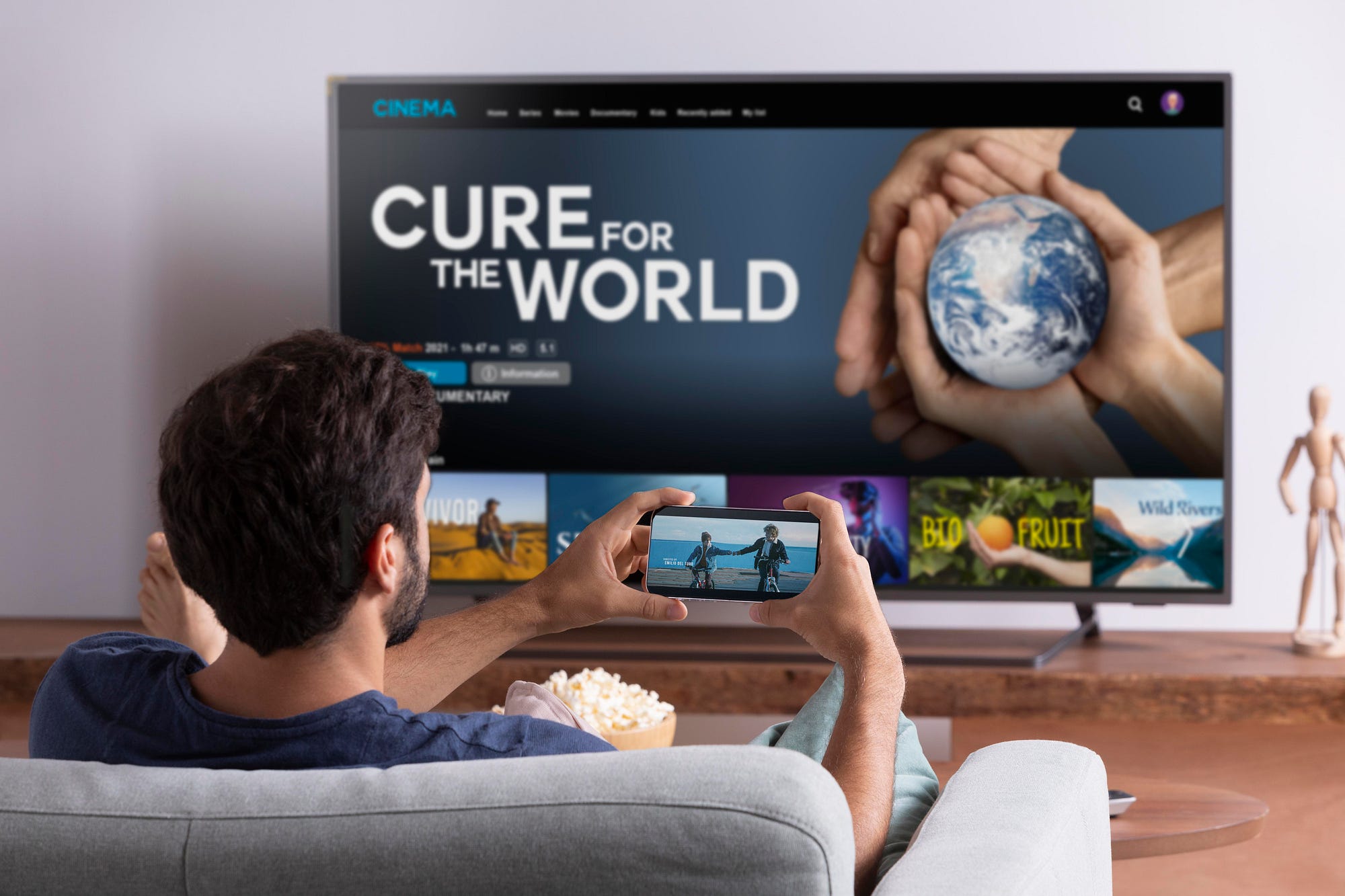Introduction
The television landscape has undergone a significant transformation in recent years, with the emergence of Internet Protocol Television (IPTV) disrupting traditional cable providers. As consumers increasingly turn to IPTV for their entertainment needs, traditional cable providers are facing unprecedented challenges. In this article, we’ll explore the impact of IPTV on traditional cable providers and how they are adapting to this rapidly evolving industry landscape.
Navigating the IPTV Disruption: How Traditional Cable Providers are Responding
The advent of Internet Protocol Television (IPTV) has catalyzed a seismic shift in the television industry, presenting traditional cable providers with unprecedented challenges. As consumers increasingly gravitate towards IPTV for its flexibility and customization options, traditional cable providers are compelled to reassess their strategies to remain relevant in an evolving market landscape. In response to the IPTV disruption, traditional cable providers are implementing innovative approaches to adapt to changing consumer preferences and technological advancements, ensuring their continued viability in an increasingly competitive environment.
Understanding the Impact of IPTV
- Shift in Consumer Preferences
- IPTV offers viewers greater flexibility and control over their viewing experience compared to traditional cable services. With IPTV, viewers can access a wide range of content on-demand, choose from multiple subscription options, and customize their viewing preferences.
- As a result, many consumers are opting to cut the cord with traditional cable providers in favor of IPTV services that better cater to their individual needs and preferences.
- Competition and Market Disruption
- The rise of IPTV has intensified competition in the television industry, leading to market disruption for traditional cable providers. IPTV services often offer lower prices, more extensive content libraries, and innovative features such as cloud DVR and multi-screen viewing.
- Traditional cable providers are facing pressure to adapt to these changes by offering competitive pricing, improving their content offerings, and investing in technology to enhance the viewing experience.
- Technological Advancements
- IPTV relies on internet-based technology to deliver content to viewers, allowing for greater scalability, flexibility, and innovation compared to traditional cable infrastructure.
- Traditional cable providers are recognizing the need to embrace technological advancements and transition to IPTV-based platforms to remain competitive in the evolving television landscape.
- Evolution of Business Models
- The emergence of IPTV has prompted traditional cable providers to rethink their business models and explore new revenue streams. Many cable companies are transitioning to hybrid models that incorporate IPTV alongside traditional cable services to meet the changing needs of consumers.
- By diversifying their offerings and adapting to the demands of the market, traditional cable providers can mitigate the impact of IPTV and position themselves for continued success in the digital age.
Conclusion
The impact of IPTV on traditional cable providers is undeniable, as the television industry undergoes a period of significant transformation. While IPTV presents challenges for traditional providers, it also offers opportunities for innovation and growth. By embracing technological advancements, evolving their business models, and prioritizing the needs of consumers, traditional cable providers can navigate the changing landscape and thrive in an increasingly competitive market. As IPTV continues to reshape the television industry, it’s clear that adaptation and innovation will be key to success for all players involved. Click here to check out our subscription plans and start your IPTV journey now!


